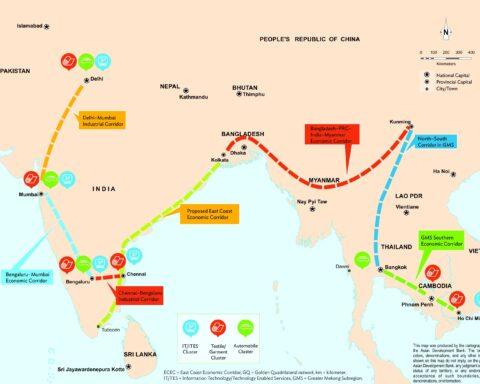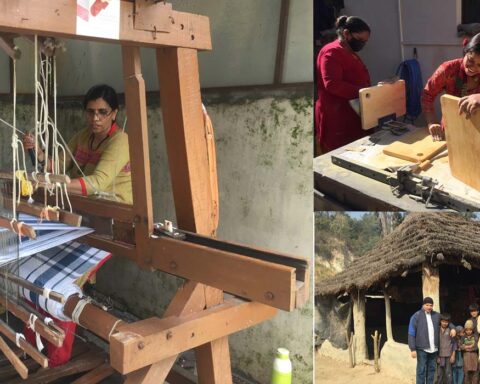During his visit to India in April this year, Apple Inc. Chief Executive Officer Tim Cook reiterated his commitments to growth and investment across the country. He met Prime Minister Narendra Modi, tweeting later, “We share your vision of the positive impact technology can make on India’s future — from education and developers to manufacturing and the environment, we’re committed to growing and investing across the country.” In response, the Prime Minister tweeted, “Glad to exchange views on diverse topics and highlight the tech-powered transformations taking place in India.” The key to India’s manufacturing growth lies in labour law reforms.
Cook is reported to have shared his company’s business plans and intentions of scaling up local manufacturing in his meetings with top government officials. He also participated in the inauguration of India’s first Apple retail store in Mumbai followed by another in New Delhi.

























